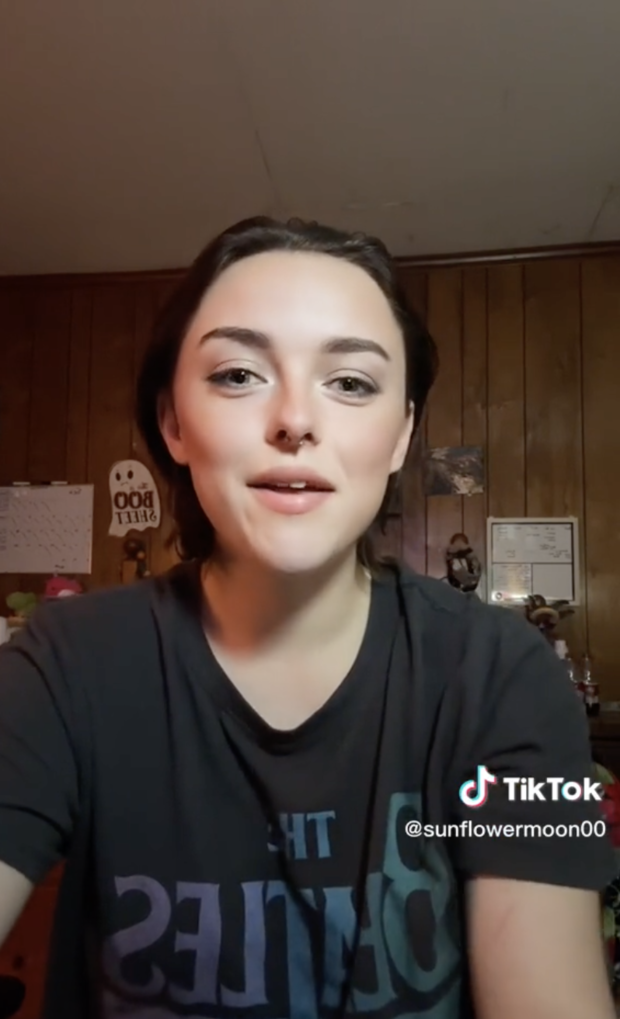TikTok’s new hyperrealistic Daring Glamour filter is elevating issues amongst some psychological well being specialists over the potential influence the “beautifying” digital picture results might have on social media customers’ well-being.
The AI-powered filter, which TikTok added earlier this 12 months, makes use of synthetic intelligence to sculpt customers’ facial options, clean out their pores and skin and brighten their eyes. The impact is nearly seamless, making the modifications onerous to detect. Since its rollout, the Daring Glamour filter hashtag has racked up greater than 200 million views on TikTok, the app reveals.
Though TikTok customers appear desperate to digitally improve their look, Keith Feigenson, an affiliate professor of psychology at Pennsylvania’s Albright Faculty, worries that utilizing filters like Daring Glamour may trigger emotional or psychological hurt to folks on social media, particularly younger feminine customers.
“Whereas social media is simply a part of this image, it’s probably that utilizing a lot of these filters will enhance threat for decreasing vanity throughout demographics, and the danger could be notably excessive for adolescent women,” Feigenson mentioned.
mackey__p/TikTok
In line with a Metropolis College of London study, 90% of younger grownup ladies ages 18-30 mentioned they filtered their social media photographs due to the strain they really feel to adapt to perceived magnificence requirements.
Ladies aren’t the one ones who use know-how to enhance their appears. Roughly 21% of People of any gender have reported utilizing beautifying filters on their photographs earlier than posting their photographs to a social media profile, in response to a 2021 Client Stories study. Amongst those that say they use filters, 9% admitted to “all the time or practically all the time” utilizing them whereas 13% mentioned they used the tech “typically.”
sunflowermoon00/TikTok
Filters aren’t solely more and more common on TikTok — they’ve additionally gained traction on platforms like Fb and Snapchat, the place they’re utilized by hundreds of thousands of customers. Fb and Instagram alone report greater than 600 million folks have experimented with the platforms’ augmented actuality results, the Massachusetts Institute of Technology Review reported.
In the meantime, 63% of individuals on Snapchat have used the app’s augmented actuality filters, in response to SocialPilot, a social media administration and advertising and marketing device.
Given the rising reputation of filters, social media corporations have a duty to be “utterly clear” concerning the “potential penalties” the usage of filters poses, Feigenson instructed CBS MoneyWatch.
“Corporations ought to put themselves firmly within the camp of defending psychological well being by providing secure areas for on-line communication, sources for people to entry psychological well being help, and simply understood descriptions of potential dangers,” Feigenson mentioned.
Roughly a 3rd of U.S. college women within the U.S. have severely considered attempting suicide, in response to a 2021 survey from the Facilities for Illness Management and Prevention, up from lower than 20% from teen women a decade earlier. Greater than half of stripling women, 57%, reported feeling “persistently unhappy or hopeless” — a file excessive — the company discovered.




Discussion about this post